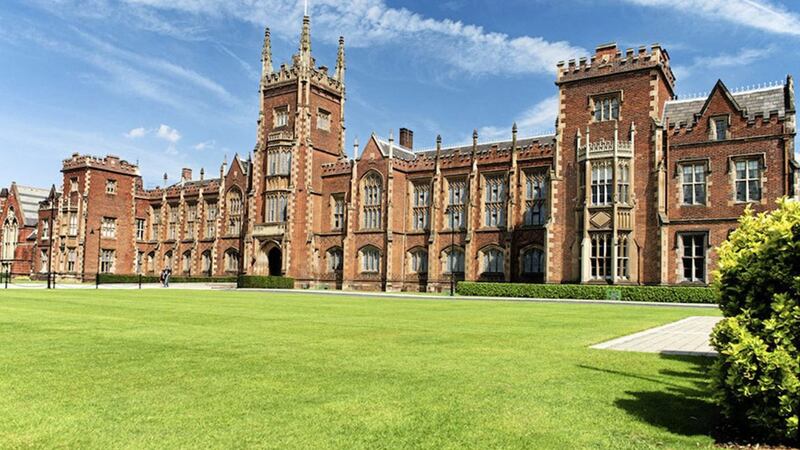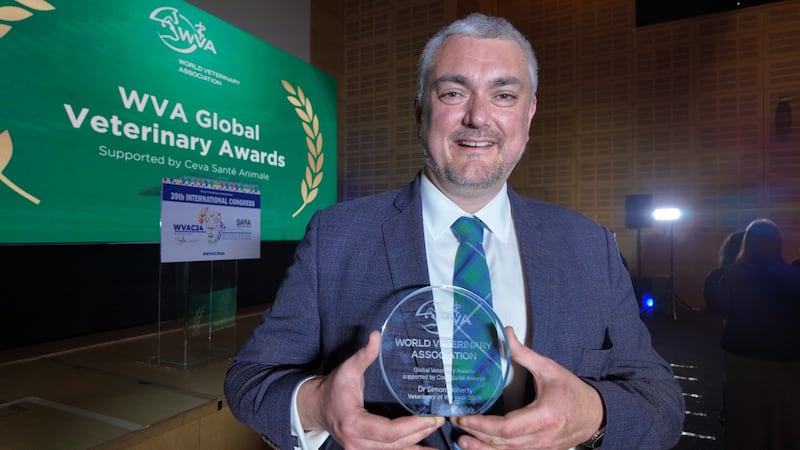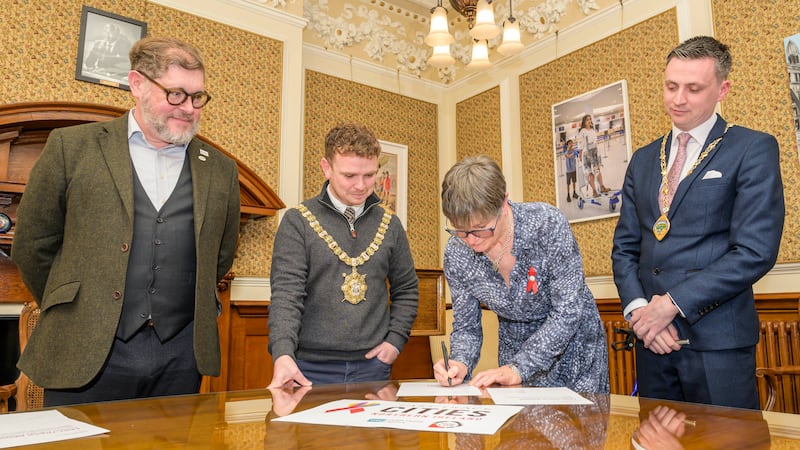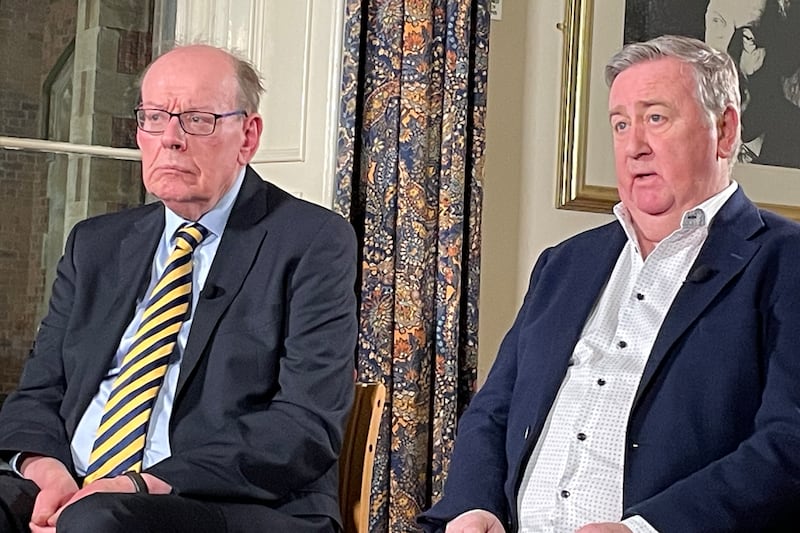QUEEN'S University Belfast and other leading universities have warned they will need to admit students with low grades - or none at all - for the next 20 years to meet access targets for disadvantaged students.
Higher education regulator the Office for Students (OfS) has threatened to impose financial penalties on the top UK institutions if they do not significantly reduce the gap between disadvantaged young people and their more advantaged peers taking degree places.
The OfS has set a target to eliminate the access gap to the most selective universities between students from the most under-represented areas and those from the most represented areas by 2039-40.
But a report from the Russell Group, which represents 24 top universities including Oxford and Cambridge, has insisted increased efforts are needed to narrow the attainment gap earlier on in children's schooling, saying focusing solely on university admissions will not address "embedded inequalities".
Its modelling suggests members would have to admit students with low grades, and some with no academic qualifications, to meet the OfS's accessibility targets - even if student numbers from the most highly-represented backgrounds were capped.
The report claims the most selective institutions will need to recruit all applicants from the most under-represented areas with three A-levels regardless of the grades they achieved by 2026 to meet the target.
It goes on to suggest that by 2035, they would need to recruit all applicants from the most under-represented areas regardless of whether they have studied academic qualifications.
They have called instead for the British government to create a new Office for Tackling Inequality and a 10-year strategy to "join up" efforts across departments and "relevant stakeholders".
Tim Bradshaw, chief executive of the Russell Group, said its members "will continue to do their part but breaking down the barriers created by educational inequality that start early in life is not a job for universities alone".
Professor Anna Vignoles of Cambridge University said "a focus on admissions and outreach is important but without investment in the earlier period of a child's life, we are unlikely to see as much progress in widening participation".
Geoff Barton, general secretary of the Association of School and College Leaders (ASCL), said "high-ranking universities... have made steps" but there must be "more investment in high-quality early years education, and social policies to tackle issues like poverty, the availability of secure employment, and support for struggling families".
Chris Millward, director for fair access and participation at the OfS, acknowledged there has been "clear progress" but pointed out "where you come from continues significantly to determine where you end up".
"There is still a long way to go before these opportunities are genuinely available across all parts of the country."
Universities minister Michelle Donelan said it is "crucial... (to) make sure that anyone who wants to, whatever their background or wherever they come from, is given the chance to go to university".








